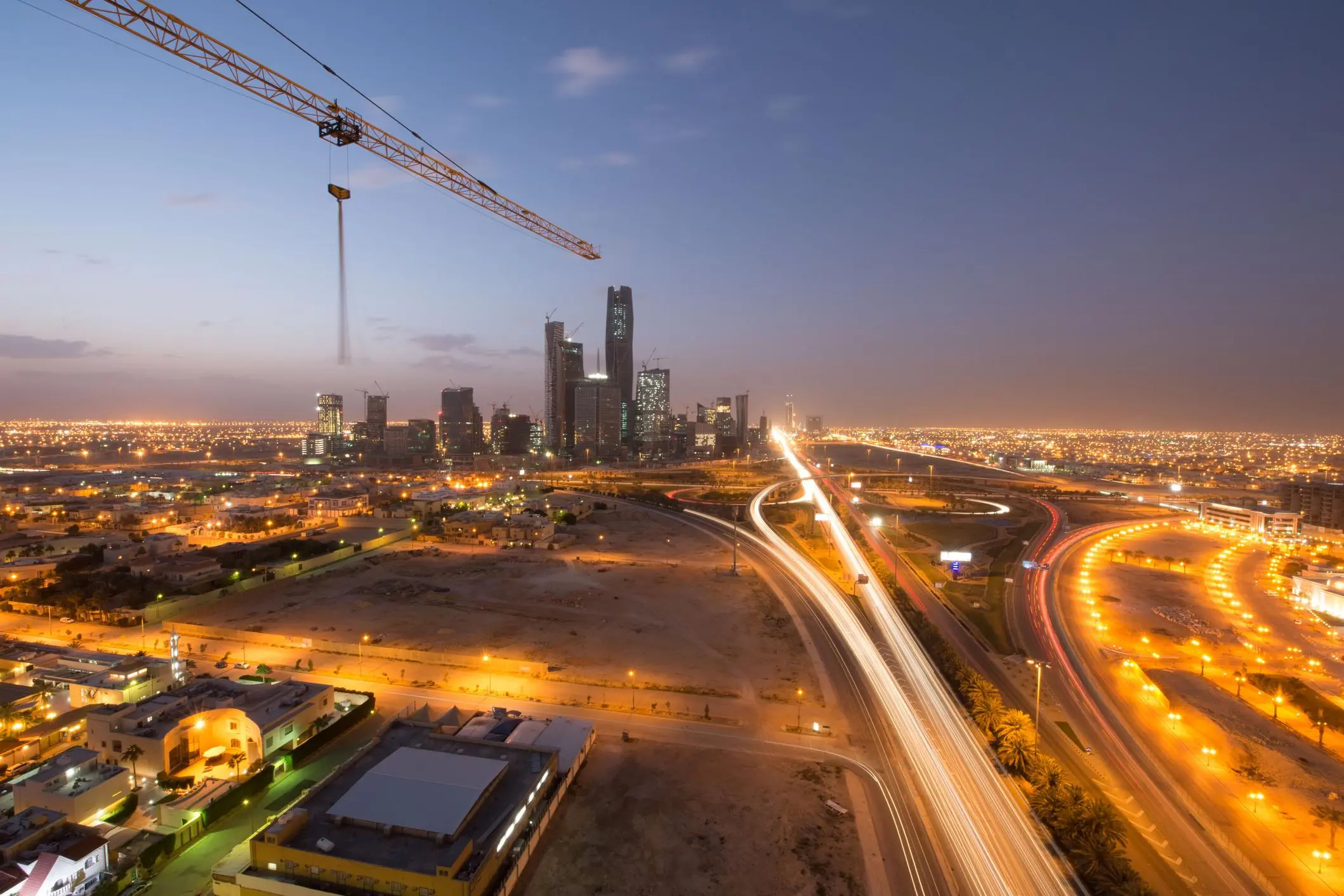PHOTO
The Covid-19 pandemic has brought the world economy to a stand-still and this has somewhat resulted in a decline in activity in healthcare, real estate, hotel, travel, and tourism in Saudi Arabia during April, a report said.
Industries and manufacturing units continued to remain mostly shut during the month amid the lockdown in many countries including Saudi Arabia to prevent the spread, added Al Rajhi Capital, a leading financial services provider in the Kingdom.
The monthly data released till April showed that the POS transactions declined 33.0 per cent year-on-year (y-o-y) as compared to a rise of 5.8 per cent y-o-y in March, said the latest Economic Research report.
Foreign reserves at Saudi Arabian Monetary Agency (Sama) witnessed a y-o-y decline in growth (-11.2 per cent in April Vs -5.2 per cent in March). The banking sector pre-tax profits fell 38.4 per cent y-o-y (-26.9 per cent m-o-m) in April because of a decline in interest (SAIBOR) and provisions.
However, credit to the private sector continued to show healthy growth of 11.7 per cent y-o-y in April 2020, which is one of the highest growth witnessed since Nov 2014. Mortgage loans continued to grow in April too (though lower Q-o-Q because of lockdown, up 26 per cent y/y in absolute loan value).
Further, credit to public sector enterprises grew by 0.8 per cent y-o-y. Meanwhile, deposits grew 9.9 per cent (+1.0 per cent m-o-m), which was mainly driven by the ‘Business and Individual’ segment. Sama has supported the banks with additional SR50 billion which is mainly to help with liquidity due to the delay in repayment from large corporates while the previous SR50 billion included guarantees and was mainly related to liquidity needs due to delay in repayments from SME segment.
Loan to deposit was under control broadly, with only 3 banks reporting higher than 90 per cent. Out of the decline of SR150 billion in reserve assets in the last 2 months, most of it came from Sama assets and less from government reserves at Sama.
The government has announced to ease Covid-19 restrictions; and under the new measures, domestic flights, mosques, restaurants, and cafes will be reopened in phases. We expect that economic activities would start at a slower pace initially after the lockdown ends. Consumer spending will also be less, due to the increase in VAT effective from July 2020 and the removal of the cost of living allowance from this month.
Therefore, during the next few months, more weakness in the sectors such as entertainment, travel, and tourism including food would be seen compared to other sectors. The improvement is expected especially in the later period of 2020.
Meanwhile, the cost of living index continued to be in a positive trajectory in April (+1.3 per cent y-o-y Vs +1.5 per cent y-o-y in March). The growth in the Saudi Arabian money supply continued its uptrend in April at +10.0 per cent y-o-y, supported by the rise in both M1 and M2.
The Index of Industrial Production edged down 0.4 per cent m-o-m in March, mainly due to the weak activity in two sectors namely, ‘Mining and quarrying’ and ‘Manufacturing Industry’. Remittances from Saudi nationals declined 41.6 per cent y-o-y, while remittances from non-Saudi nationals fell 8.7 per cent y-o-y. – TradeArabia News Service
Copyright 2020 Al Hilal Publishing and Marketing Group Provided by SyndiGate Media Inc. (Syndigate.info).





















